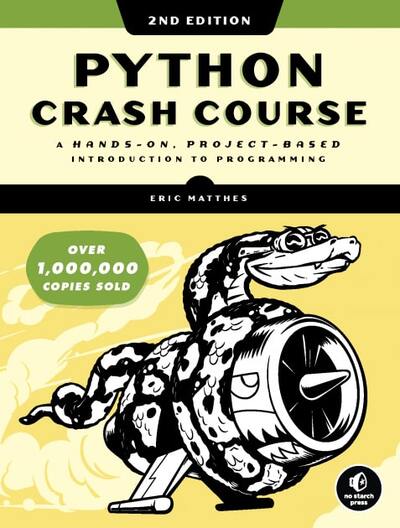My bookshelf
I have decided to have a public list of the books I read so that I can share my reviews and recommendations in one place and friends, colleagues, and maybe even random visitors will suggest me new ones to read.
So, scroll through the list to have an idea of what I read and drop me a message with the titles you think I might like.
The Hungarian flag ![]() indicates that the book is written in Hungarian or that I have read a Hungarian translation.
indicates that the book is written in Hungarian or that I have read a Hungarian translation.
History
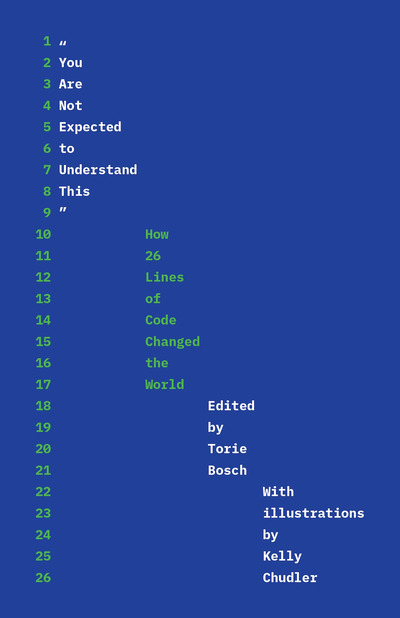
Popular science
The title translates to "The Revolution of Thinking - How does mathematics shape the world?" and this book is only available in Hungarian.
A short and entertaining guide on the development and application of mathematics throughout the history of mankind. The author starts with how the concept of numbers has emerged, touches a bit of probability theory, formal logic, economics, and finishes with information theory, computer science and the history of Silicon Valley. Probably you won't have any great revelations while reading this book but it's a good companion for rainy weekends.
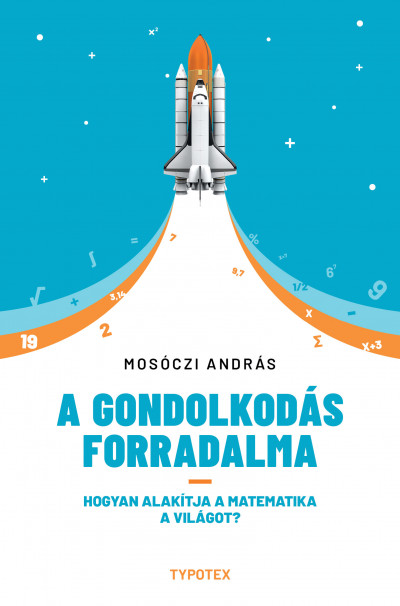
This is not a book but a series of video lessons.
Neil deGrasse Tyson is one of the most well-known science communicators in the Western world. His style is very unique and presents complex topics in an entertaining way.
He briefly explains the scientific method and what objective truth is, touches upon the value of being a skeptic, the dangers of cognitive biases, and illustrates how scientific measurement works with everyday examples. The latter part (about 1/3 of the whole) is about his approach to communication and although its valuable I would have preferred to hear more sciency stuff. Anyway, here's my favorite quote from him:
As the area of our knowledge grows, so too does the perimeter of our ignorance.
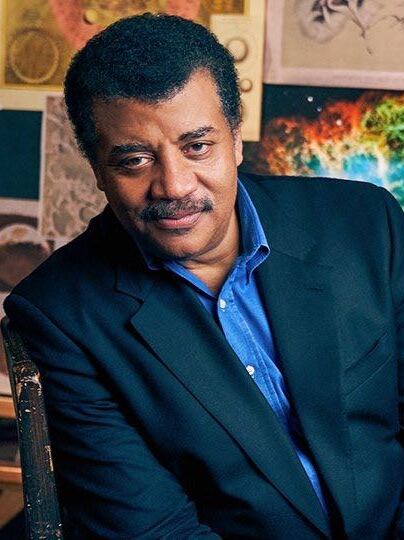
This is not a book but a series of video lessons.
Terence Tao is undoubtedly one of the top mathematicians in the world and yet this one and a half hour long talk contains almost no equations or formal proofs. Although he shares many personal anecdotes, he remains in the background and shows how matemathical thinking at the fundemental level is not that different from everyday ordinary thinking.
I have found it quite inspirational when he says that it is completely normal to feel frustrated and sometimes even he has impostor syndrome. Of course, he thinks on a completely different level compared to me but it's reassuring the hear that math is hard from someone who has started to learn calculus at the age of seven!
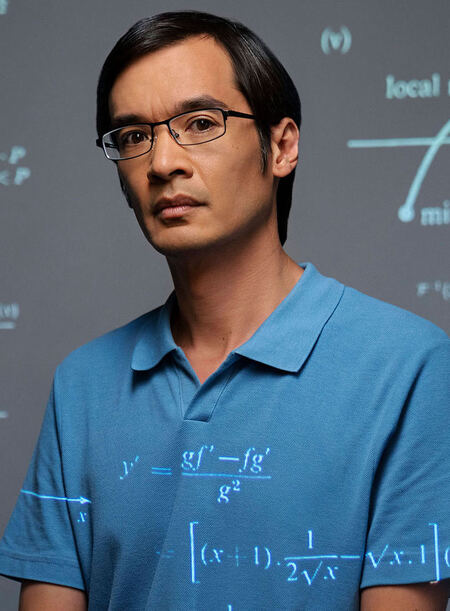
Programming
In spite of its title, this book has almost no code in it and is not for beginner developers.
The author defines a set of laws and rules for effective software design. Some of them may sound trivial, like "Be consistent." or "You can't predict the future.", yet we tend to forget them and end up with bloated and overengineered systems.
The book can be downloaded for free from the author's website. It's a short one (80 pages) and well worth the read.
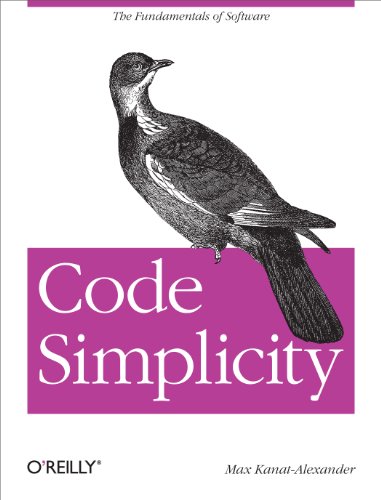
This is a fun little book with easy to understand explanations and cool projects that elegantly mix Python and mathematics. The complexity of the topics discussed gradually increases: the author starts with the very basics of programming (variables, loops, conditionals), transitions into mathematics (algebra, geometry, complex numbers, matrices), and finishes with computer science (recursion, cellular automata, genetic algorithms).
Most of the projects involve some kind of visualization with Processing and it took me some time to get the hang of the coding style it requires.
It's a nice book to broaden your horizons and I can wholeheartedly recommend reading it even if you have never worked with Python.

